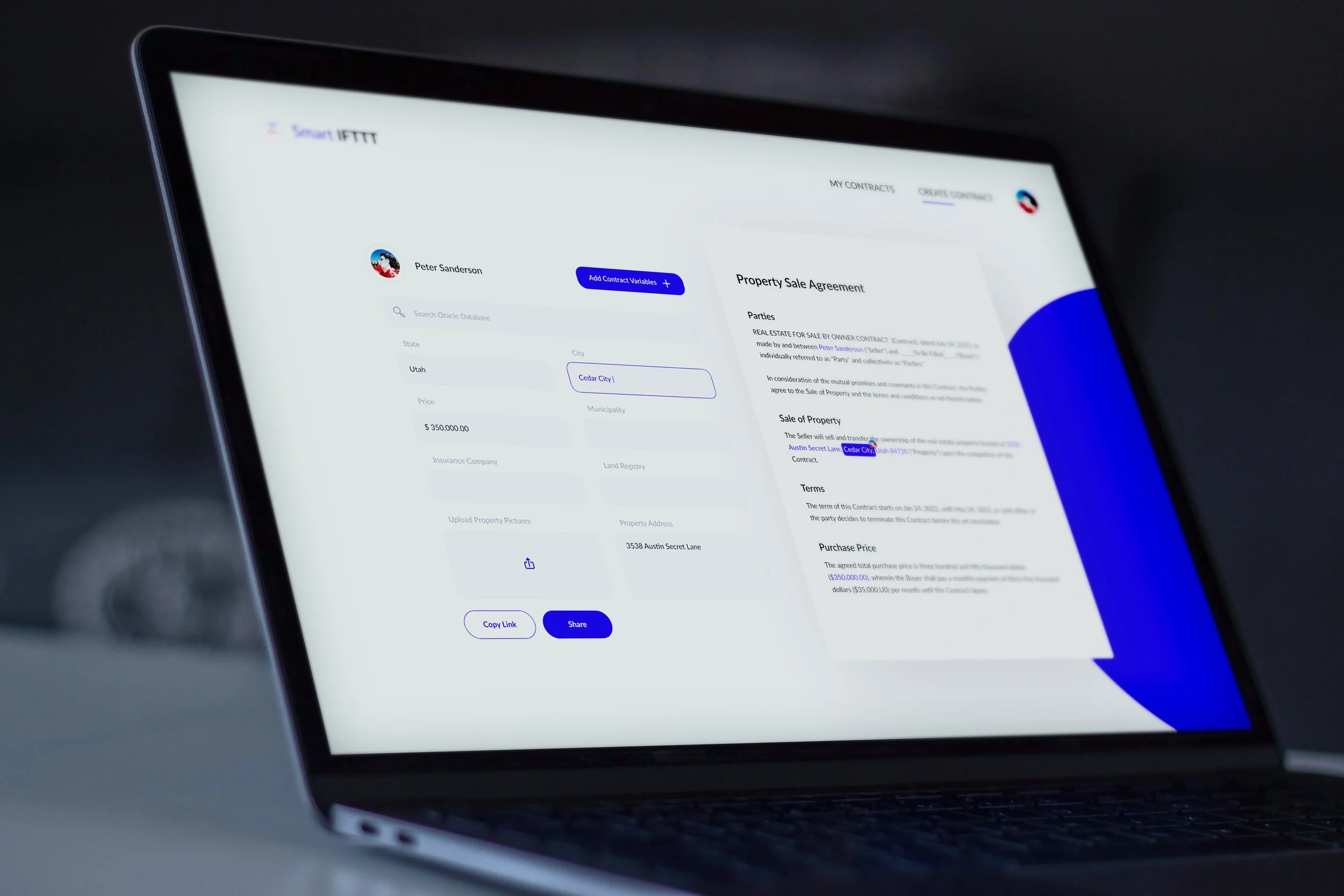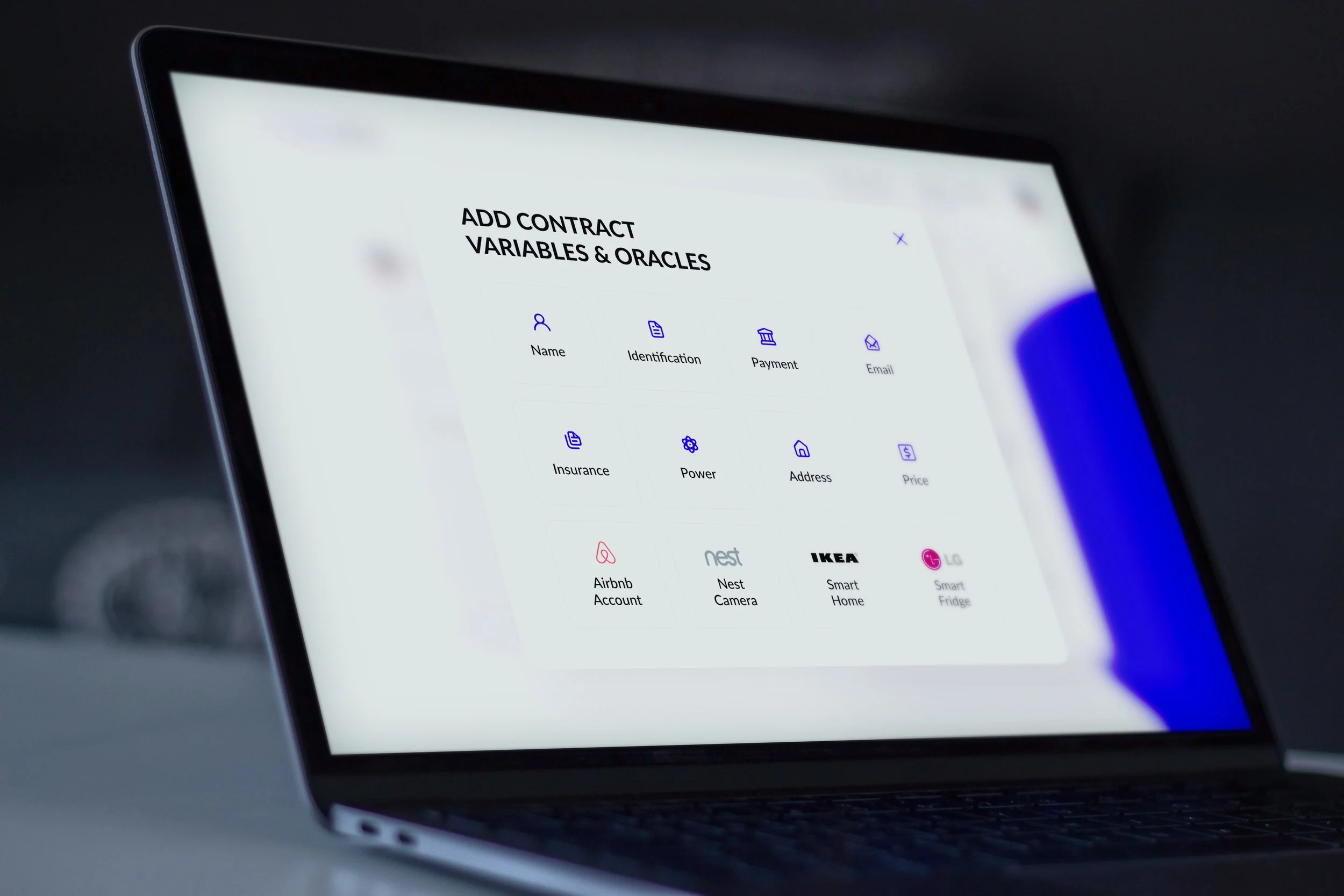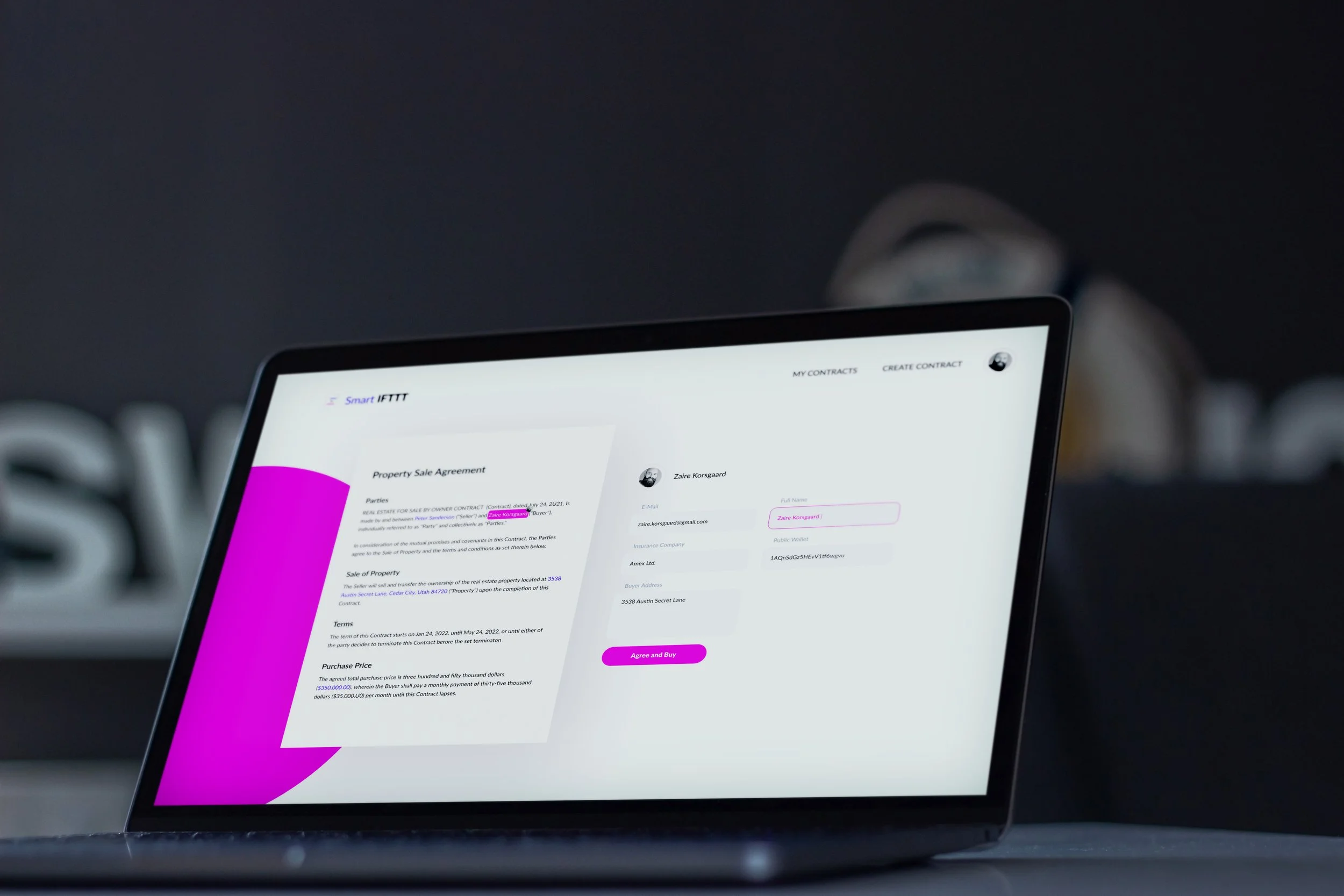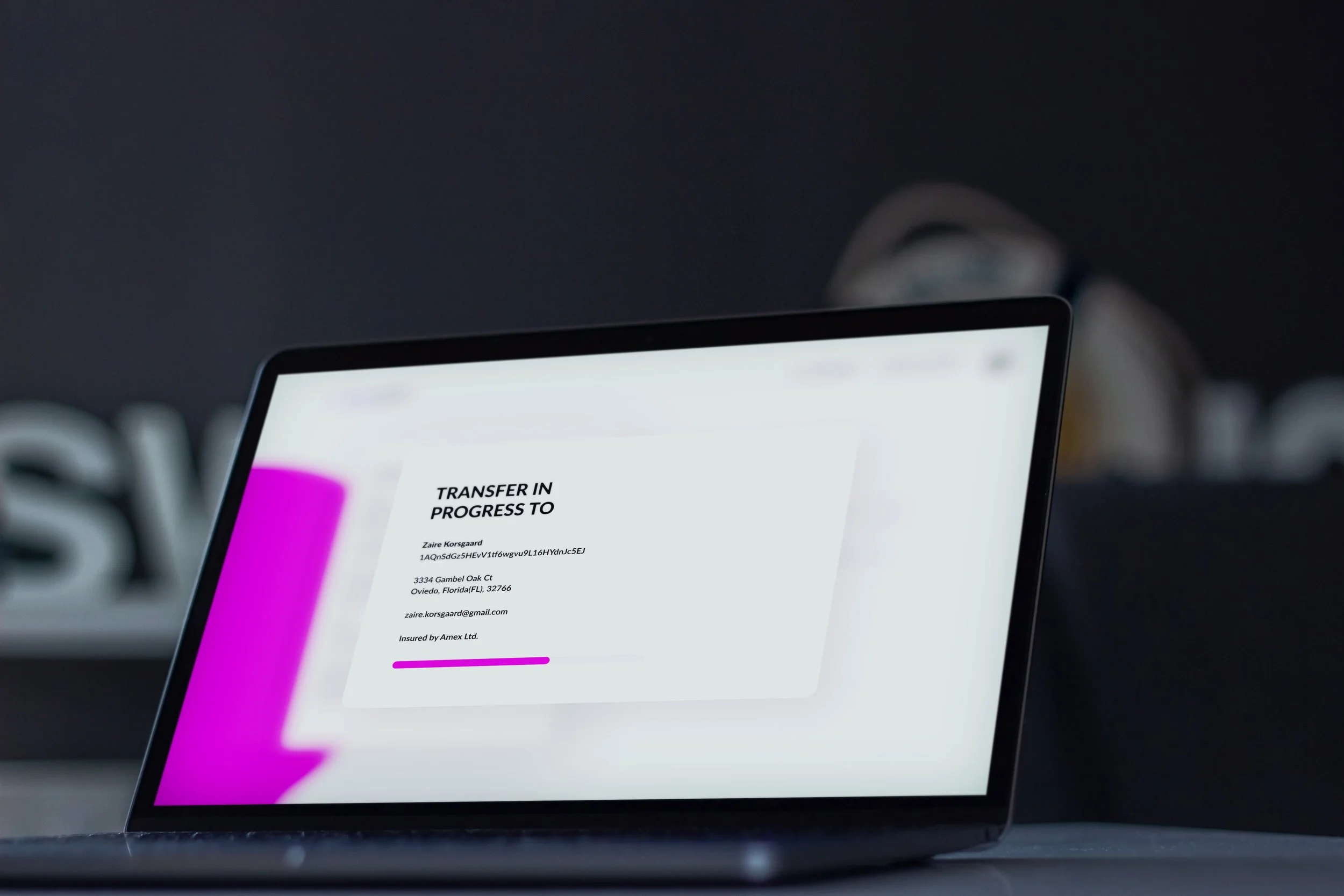How Smart Contracts Will Replace Lawyers?
How Smart Contracts Will Replace Lawyers (Almost)
How blockchain technologies will empower new business models and empower every-day people to create legal contracts driven by predetermined conditions and simple agreements that do not require a lawyer. It will rather be based on templates and easy app based add ons.
Why do we need lawyers?
Lawyers provide legal security, neutrality and reliability, especially in stressful times. They handle a wide range of issues, including contract design, litigation actions or the enforcement of claims. They are also non-manipulable as they have taken an oath to act in the best interest of their client. But as lawyers are human, they are at the same time susceptible for errors and misjudgements. They are also very expensive, depending on the mandate and intensity. But what if I told you that there is a blockchain technology that would make lawyers redundant in many cases? Well, almost.
As users of Web3 we will have applications that allow us to execute functions like getting a loan, renting/buying property, travel, buying and renting cars, sorting out insurance, writing a will and much more.
Wait, but what are smart contracts?
These applications will be based on so-called smart contracts which are basically self-executing codes that enable the execution of transactions between two or more contracting parties with the use of the blockchain technology. Everyone will be able to organise smart contracts for their needs, all that is required is a logical interface supporting creation of contractual terms.
How do they work?
Smart contracts are supported by oracles which feed information from the real world when required. Because enforcement of transactions is not based on trust, but rather on a trustworthy technology, it eliminates the need for lawyers as intermediaries, because smart contracts govern the peer-to-peer transactions automatically as they operate on the IF-THEN condition. What that means is that parties to a contract are supposed to satisfy information requirements of the contract that were predetermined. The “IFs” are all possible options that help us decide the next steps. For example, “IF the new tenant has an insurance company, THEN go to the next step of the contract”, “IF the new tenant does not have insurance, alert them and request to connect the insurance company to the contract”.
Legal issues
In terms of enforcement of legal issues through lawyers, there is often some uncertainty about the outcome of the issue. But smart contracts resolve this problem, because they only operate as the pre-defined conditions are met in the contract.
Application
The range of application of smart contracts from legal perspective is very wide, from digitalisation of registries, like recording title of land and property, enabling confidential information sharing and authentication services, or facilitating the exchange of ownership. All this is happening without any involvement of intermediaries such as lawyers and government clerks. For now, the early days of blockchain, we still have a number of challenges, for example when interpreting often complex legal terms and clauses into computer code.
However, despite the above mentioned complexities, we are able to outline some very realistic use cases like organising holidays, healthcare, buying a car and purchasing a property.
Holidays
You will be able to organise a holiday based on predefined criteria and conditions that you would like to make it near perfect. Ability to set the destination applying desired climate conditions, accommodation and experiences all from within a single interface. For example, you may want to ski the Alps during best snow quality or ride the best waves in Carribean, and to allow for that, smart contracts will pull available information with a high level of certainty based on historical data. You are guaranteed to experience set conditions to a high degree of probability. But, what happens if your holiday doesn't meet expectations? Simply put, there must be an insurance option that will cover your trip as a part of the contract and may reduce your holiday price if specified conditions were not met automatically.
Healthcare
Let’s have a look at the healthcare case. BIS Research has revealed estimated reports that the immediate application and integration of blockchain in healthcare could save more than $100 billion per year in costs related to IT, operations, support functions, personnel and health data breaches by 2025. These days the global health system faces a big issue of ageing and remote populations, shortage of medical professionals etc. Smart contracts and Internet of Things are here to help resolve the problem. Secure and trustless by default, blockchain is able to store and exchange medical information and provide access to critical parties by the decision of a patient. Some of the parties that could benefit from safe information exchange are hospitals, GPs, specialists, insurance companies, pharmacies and treatment providers. A simple device capable of measuring the five major vitals can monitor people's health remotely and trigger required response be it a doctor link/visit or prescription meds. This will provide a required level of health monitoring for the majority of the population and reduce queues in medical centres. Same device can trigger an emergency call and an ambulance will be on its way to a remote location. Artificial Intelligence will be able to analyse and predict patient symptoms/conditions and recommend/alarm a patient or a doctor about the need for proactive treatment. Moreover, remote consultations with specialists and drug tracking are also an opportunity.
Buying a car
Most of us are drivers and car owners, this is not a luxury, it’s a means of being mobile these days. With smart contracts you will be able to purchase a vehicle from the comfort of your home both securely and anonymously. Imagine all necessary services connected in one application where you can find the car, organise its transport, insure it and transfer ownership. Blockchain will enable the true source of data that relates to any given car from odometer reading to genuine parts tracking and if the car was ever in an incident. All you have to do is confirm that the delivered vehicle meets the requirements you agreed to in the contract. We do not have to deal with government agencies, everything is done on the back of the contract, necessary information shared, updated and saved.
On top of a much easier process, reduction of counterfeit or stolen vehicles being sold, the future brings crypto currencies as a way of purchasing cars. This is a huge move forward where you don’t need to deal with traditional banks and FIAT money, you may also be able to loan crypto currency to purchase your dream car and avoid hefty interest rates from your bank.
Buying a property
Buying a property case is probably one of the most appealing from smart contracts perspective as it is aimed at streamlining an often complicated process, removing the middlemen and significantly reducing transaction fees. How is it going to work? A simple arrangement between the owner and the buyer of the property via a contract that requires some online data points, you don’t even need to meet in person. Found your next home or investment opportunity? Great, then fill out your details like name, ID, address, contact, payment information (bank account or crypto wallet), your chosen insurance and power companies. The seller on his end will add property address, condition, price, their insurer and power company, post office details, municipality, land registry, contract execution date. As soon as the buyer is happy and has confirmed the contract, it executes immediately. FIAT or Crypto funds change hands, insurers get notified and enact new/close existing policies, power companies activate/disconnect services, post office redirects any mail, municipality updates property record, Land Registry issues a new Title Deed. All you have to do as a buyer is inspect the property and confirm that it meets agreed conditions.
All in all, smart contracts have the potential to reduce costs, make transactions more efficient and faster and therefore the power to eliminate the need for lawyers. And most importantly, empower the average person to feel comfortable creating legal documents and make the topic at large more inclusive and accessible for the wider society.
Social Impact
There are many potential uses for blockchain and smart contracts. Government spending could be trackable and transparent, as would financial transactions for everything from paying taxes to taxes on profits. Looking at healthcare, your medical records and treatments could be safely stored and instantly available to doctors in case of emergency. Administrative costs have been a point of contention with charities; in some cases, overhead is higher than what is passed along to recipients. Smart contracting can help charities reduce the need for expensive intermediaries. Apart from making corruption extremely difficult, if not impossible, blockchain-based traceability can help us ensure that the people in need actually get their due from governmental policies.
Social vs Economic
Smart contracts at the heart of the blockchain can enable trust to flow between the various stakeholders of the social business (i.e. beneficiaries, employees, volunteers and investors). As the blockchain is highly transparent, it offers collective monitoring of the achievement of social/environmental impact (e.g. reducing homelessness) and financial sustainability (e.g. income to run homelessness services). Thus, when trust is enabled through the blockchain, social and economic forces may coexist harmoniously.
Conclusion
With features like immutability, open-access and user control, blockchains can impart greater accountability to social impact initiatives. This could substantially benefit sectors like philanthropy, governance and food security, among others. Above all, blockchains could make our systems more inclusive and thus allow the deprived sections to participate better and more directly. In fact, inclusion is one of the major factors driving social change and mobility.





